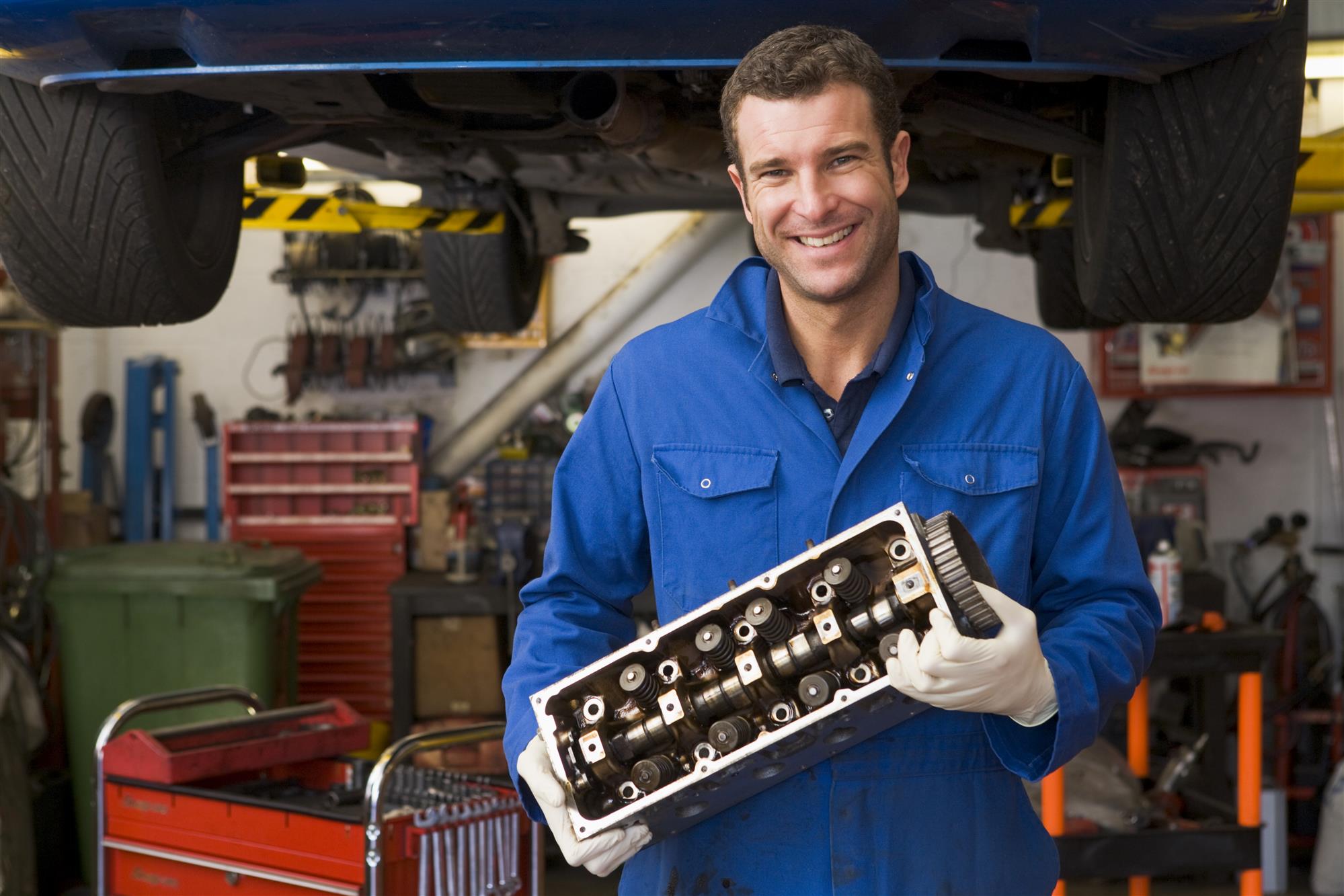Auto Repair Tips Mechanics Don't Want You To Know
Failing to make the right decisions regarding auto repairs can leave you in a world of hurt. Next time you face decisions regarding your automobile, you need to be sure that you know what you're doing. Keep reading to stay well-informed regarding your car repair decisions when they happen.
Make sure you get quality parts to fix your car. You can usually get better prices if you get used parts from a junk yard but there is no way of knowing how long these parts will last. Do not hesitate to spend more on brand new parts that come with a guarantee.
Before you let the mechanic work on your car, make sure that you have all of the prices down. Ask about any additional fees that may come up during the repair and any charges that you may not be aware of. This will ensure that you are not surprised when the bill comes for your car repair.
When you are going to get your car repaired at a shop, ask the technician what type of parts they plan to use to get the job done. Many places use refurbished parts, but they would be willing to use new parts if you wanted to pay the extra money.
Understand the repair costs prior to leaving your car with any shop. Labor costs especially can run at different levels from shop to shop, especially if a specialist is involved. You'll want to know what you are getting into prior to learning about it the hard way days later.
Never go with the first estimate you receive. Most shops are honest, but some are not. Try and locate a shop that specializes in servicing your particular type of car. Such shops have a greater chance of knowing how to fix your car.
Keep a basic repair kit in your car trunk at all times. A simple kit consisting of wrenches, jumper cables, screws, and a jack can be a lifesaver if your car breaks down on the road. This will allow you to make small repairs on the spot, saving you the cost of an expensive tow truck.
Changing a car battery is quick and easy. It usually involves unfastening a clip on top of the battery and using a wrench to loosen and remove the connectors. (Naturally, you should do this with your engine off!) Brush the connectors clean with a wire brush. Lift out the old battery and put the new battery in its place. Fasten the connectors securely and refasten the clasp. You should be good to go!
Replacing a charcoal canister is very expensive, but you can easily replace this part yourself. Take off the wheel located under your fuel tank and disconnect the vacuum lines connected to the old canister. The part should then come right off. Install the new one and connect the lines very carefully before installing the wheel again.
Be responsible when performing DIY auto repairs. Just about every item you might replace or repair on a vehicle is environmentally unfriendly. Take care to dispose of liquids such as motor oil and coolant properly. Take used parts to your local junk yard or recycling center. Don't toss plastic bottles about the landscape. If you are unsure of where you can dispose of these items, check with your local waste disposal agency or an automotive supply store.
Make sure that the technician working on your car is knowledgeable on the make and model. Cars very greatly from one brand to the other. The only way to get the best service is to work with a technician that is well versed on the inner works of your specific automobile.
Pay attention to any fluids that pool under you car when parked. Small spots may not mean very much, but take note of what the fluid is. Plain water is usually just condensation that builds up on a car naturally. But bright green or orange fluid is the cooling system. Oily fluids are those like engine oil, or transmission fluid. These are warning signs.
Many auto repair shops will tell you that you need your fuel injectors replaced when you do not. This is a way to get some more money from you. The proper time to replace them is after every 35,000 miles of driving. If anyone tells you that it needs to be done sooner, look for someone else to do your auto repairs.
If you are planning a DIY auto repair, be sure to give yourself plenty of time to complete it. Start early in the day with all of the tools, parts and fluids that you will need close at hand. Remember that, no matter how well you plan, something unexpected will come up and consume your time. Avoid running out of daylight by getting an early start that will allow you to cope with the unexpected.
If you use everything you have learned here, you are going to benefit next time you face making decisions regarding auto repairs. Know one wants to pay too much or be sitting with a car that isn't working. Instead, you want to know that your car is in good hands.

